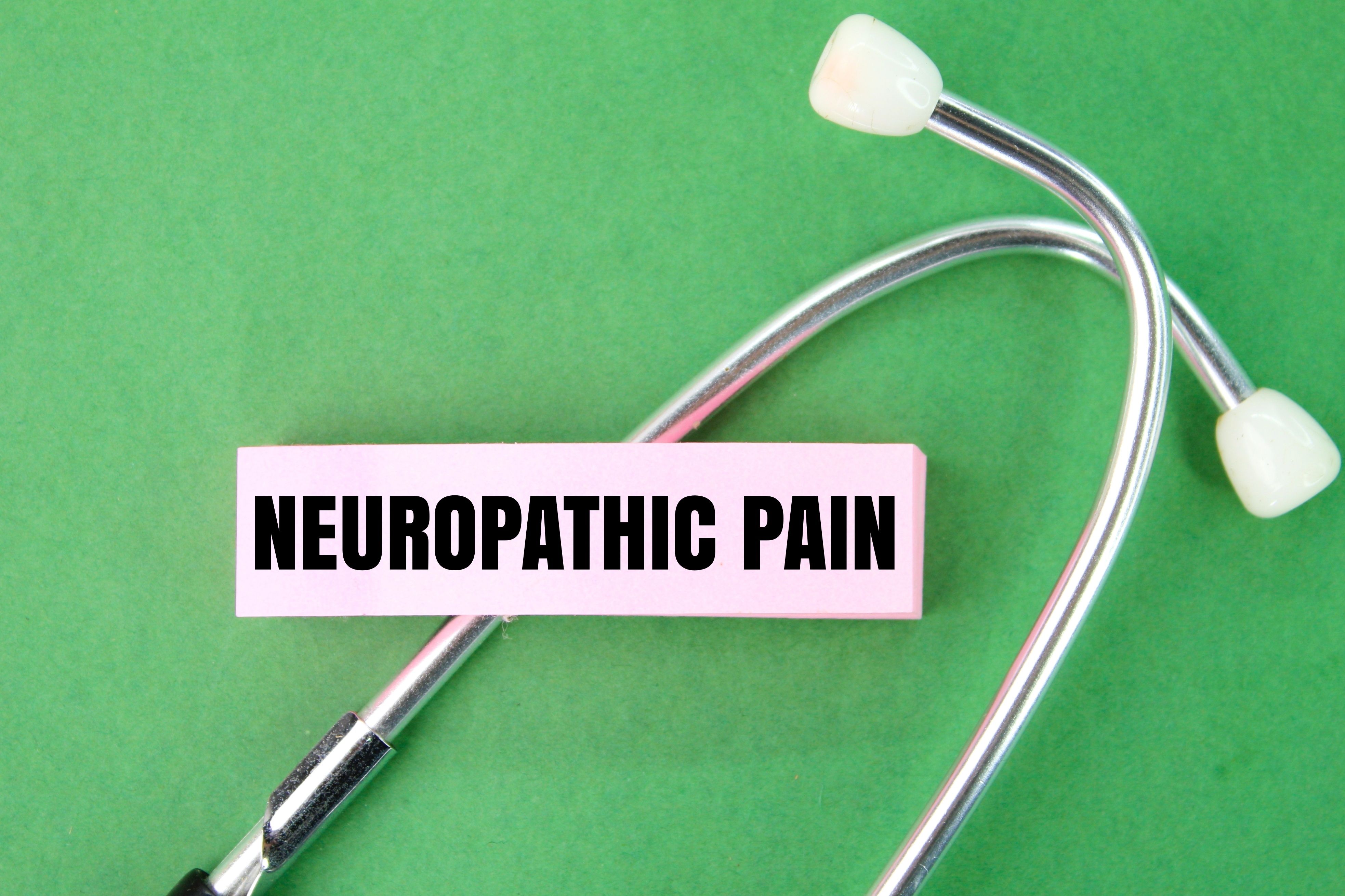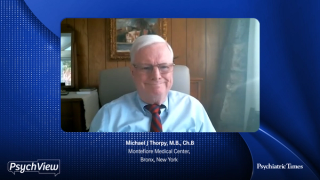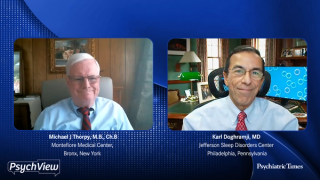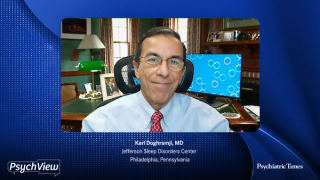
Neuropsychiatry
Latest News


Positive Phase 2b/3 Open-Label Extension Trial Results: Blarcamesine for Treatment of Early Alzheimer Disease
Latest Videos

CME Content
More News
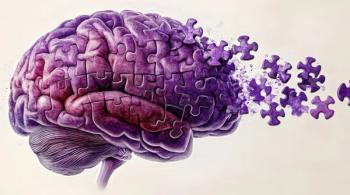
Roche unveils promising Alzheimer disease treatments and diagnostic tools, including trontinemab and the Elecsys pTau217 blood test, at the AAIC conference.

Researchers uncover a novel biomarker for major depressive disorder, linking regional homogeneity in fMRI to decreased cerebral blood flow and symptom severity.
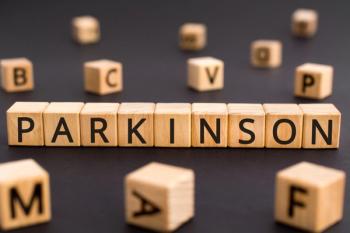
In this CME article, learn more about the complexities of neuropsychiatric symptoms in Parkinson disease, including psychosis and cognitive impairment, and effective treatment strategies.

Explore the complex role of dopamine in schizophrenia, its impact on symptoms, and potential therapeutic advancements.
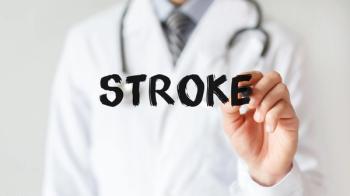
May is American Stroke Month. Here, you can find important information about recognizing the signs of the stroke to share with patients.
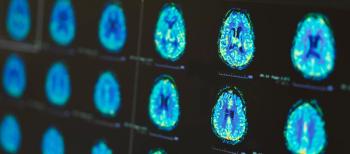
Combination therapy of TMS and ketamine could enhance brain perfusion and neuroplasticity.
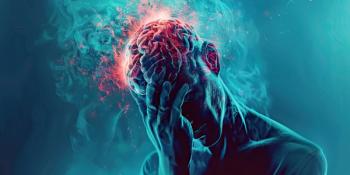
Research reveals that IV haloperidol and ziprasidone are safe for treating delirium in patients that are critically ill, showing minimal impact on QTc intervals.
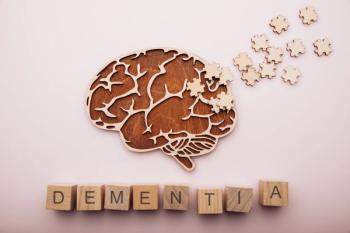
Explore effective strategies for dementia risk reduction and understand the importance of early cognitive assessments in aging adults.
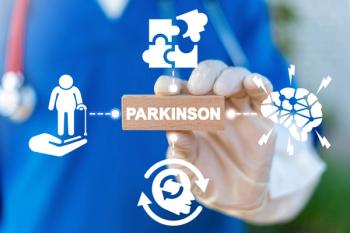
In this CME article, explore the complexities of Parkinson disease, focusing on neuropsychiatric symptoms, their prevalence, and effective treatment strategies for improved patient care.

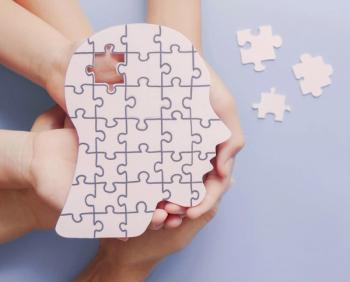
How does John Kane, MD, address issues of cognition in schizophrenia?
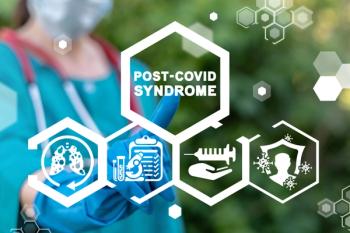
In this CME article, learn more about the common neuropsychiatric sequelae of post-acute sequelae of COVID-19, the underlying neurobiological mechanisms, and evidence-based treatments and interventions.
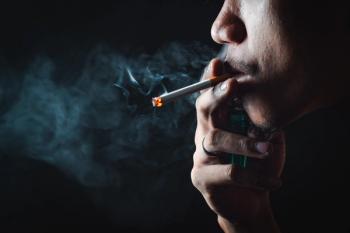
The prevalence of tobacco use in schizophrenia is over 60%—3 times that of the general population. However, the reason for the high prevalence of tobacco use in schizophrenia remains largely unknown.

Learn more about key findings on sex differences in cognition, exploring the possible causes and implications for clinical practice.
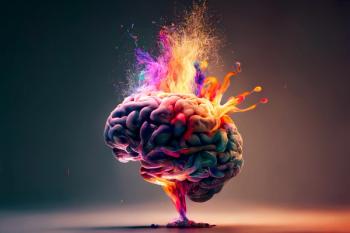
Disruptions to cognitive control, as well as to emotional processes, are implicated in a wide range of psychiatric disorders.

Cognitive symptoms affect between 85% and 94% of patients with major depressive disorder. Despite this prevalence, cognitive dysfunction often remains undertreated and inadequately addressed in routine clinical practice.
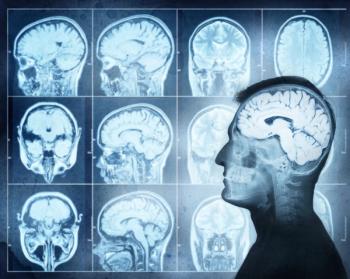
Given that individual differences exist regarding the effects of brain injury and gaps persist in the treatment continuum, challenges arise in treating individuals with acquired brain injury. Addressing these challenges can improve patient outcomes.

What are the most pressing issues facing psychiatry? Gustavo Alva, MD, FAPA, shares his thoughts.
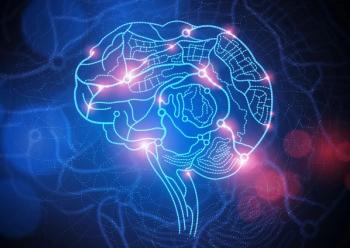
A new trial is testing a first-of-its-kind stem cell therapy for Parkinson disease, using a patient’s own reprogrammed cells to restore lost dopamine function.
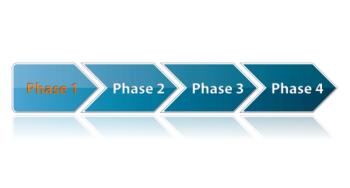
Neurocrine Biosciences has initiated a phase 1 clinical study to evaluate the safety, tolerability, pharmacokinetics, and pharmacodynamics of NBI-1140675 for certain neurological and neuropsychiatric conditions, such as tardive dyskinesia.
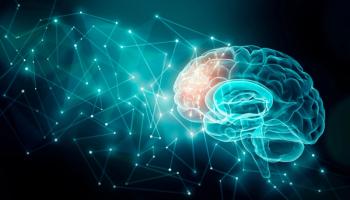
Frontal lobe syndrome can present with a range of perseverative, disinhibited, overactive behaviors that do not meet traditional dementia/neurocognitive disorder criteria. Learn more here.
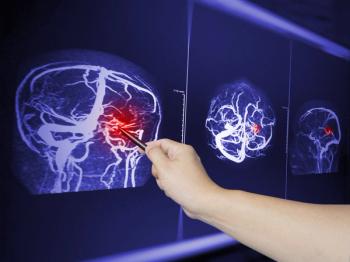
Because diagnosis and management of concussions remain challenging, reliable biomarkers can improve effective intervention.
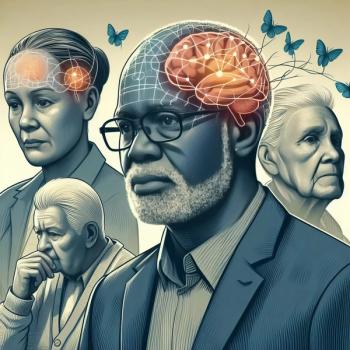
The lates update in lecanemab’s journey: the FDA has accepted the BLA for lecanemab-irmb subcutaneous autoinjector for weekly maintenance dosing.
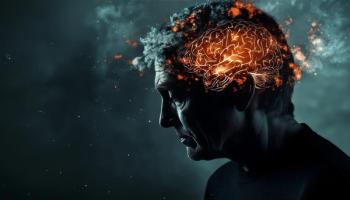
The FDA grants Breakthrough Device Designation to Spear Bio’s pTau 217 blood test for Alzheimer disease.
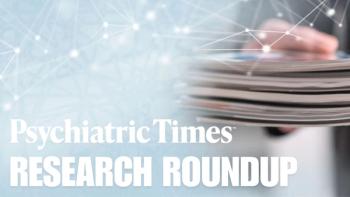
Learn more about the latest research on different approaches to treatments for major depressive disorder (MDD).


